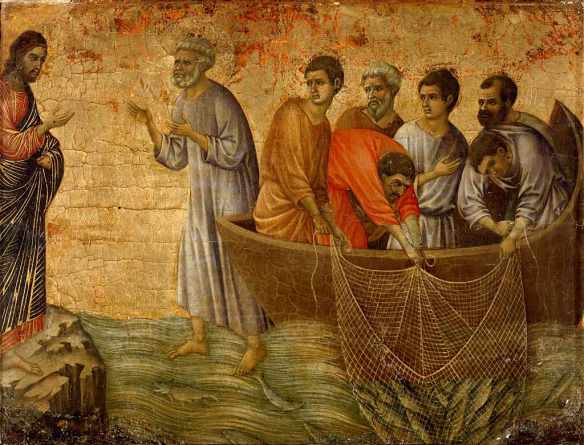The resurrection of Jesus Christ is what all of history is contingent upon. All that we experience, linearly, has a ground behind, underneath, and after it that is in fact the resurrection of Jesus Christ. Without that centraldogma there is no history; there is no nothing. I think we, especially as Christians of all people, really need to get our heads around this reality. When we do we start living as those who have the hope of Christ in us, the purifying hope. We have a critical valence to look at the world from that is not purely conditioned by the immediate hype and circumstance. This is what Barth captures so well:
For the history and message of Easter contains everything else, while without it everything else would be left in the air as a mere abstraction. Everything else in the New Testament contains and presupposes the resurrection. It is the key to the whole. We can agree finally that acceptance or rejection of the Gospel of the New Testament, at any rate as understood by the New Testament itself, depends on our acceptance or rejection of the evangelium quadraginta dierum [gospel of the forty days]. Either we believe with the New Testament in the risen Jesus Christ, or we do not believe in Him at all. This is the statement which believers and non-believers alike can surely accept as a fair assessment of the sources.[1]
On one hand you can hear in Barth a critique of Bultmann’s demythologizing project. But more theologically significant is simply the establishment of the fact “that Christ is risen” explains everything immediate, in regard to the composition of the New Testament itself. But even more, the resurrection makes sense of the whole of reality in a very organic rather than totalizing way. That is to say, the resurrection of Jesus Christ presents us with an openness of life towards the triune God. It is here where a theology of nature, and a theology of everything else is resident; that is, in the resurrected humanity of Jesus Christ. Without His humanity there would have never been any tinder for this world to be formed by; never a purpose for it to rotate in the Milky Way. Until this radical reality is apprehended the Christian will continue to inhabit a wilderness like experience. They won’t have the eyes to see or the ears to hear the depth reality and intonation of God’s still small voice as it breezes by them afresh anew by the Spirit’s hovering life. The resurrection makes all things new. It puts to death the old (sorry natural law/theology), and presents humanity with God’s humanity for the world in Jesus Christ. If we are going to have any chance of knowing God, of accessing His created order, and its telos, we will only come to this through participation with Jesus Christ; through His union with us, that we might be in union with Him, in the triune life of the eternal God.
[1] Karl Barth, Church Dogmatics III/2 §47 [444] The Doctrine of Creation: Study Edition (London: T&T Clark, 2010), 7.

